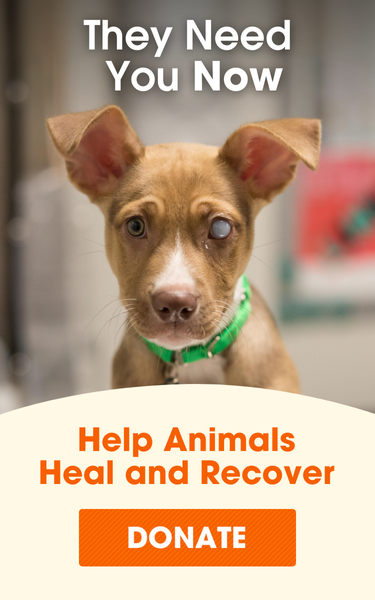
How Do I Know If I Should Bring My Pet to the Veterinary Hospital? Experts Explain!

This page contains links that lead to aspca.org/chewy. If you purchase any items through the affiliate links on that page, the ASPCA may receive a commission of 8% of your purchase at no additional cost to you. Thank you for your support!
Accidents are called accidents for a reason. Despite how hard we may try, sometimes our sneaky, curious pets eat things that they shouldn’t. However, knowing when to rush them to the veterinary hospital and when to watch them at home can be difficult and stressful. To try to calm those nerves, our experts at the ASPCA Animal Poison Control Center (APCC) have some advice to offer!
Step One: Stay calm. It’s normal to be worried about your pet but staying calm is important for both of you. So first, take a deep breath and assess the situation clearly.
Step Two: Determine if your pet is showing any signs of illness, as this is very important in deciding what type of assistance you will need. Take a moment to observe your pet and see if they are doing anything that isn’t normal.
Step Three:
A. If your pet is showing life threatening signs such as seizures, trouble breathing, not responding to you or are unconscious, or if they are bleeding, you should take them immediately to the nearest veterinary hospital. Be sure to take any packaging of the substance they got into with you, as that will help the veterinarian treat your pet.
B. If your pet is showing mild signs or even if they aren’t any signs at all after ingesting something potentially hazardous, do not wait for the signs to worsen before getting help. Reach out to your local veterinarian, a local veterinary emergency hospital or the APCC at (888) 426-4435 for guidance and a plan for your pet.
Once you call APCC, our experts will be able to determine the risk to your pet, if they need care at a veterinary hospital or if you can watch them at home, and let you know what signs to watch for that indicate a more serious problem. We will also work together with your veterinarian to provide expert guidance and a detailed treatment plan, should your pet need veterinary care.
For more information on pet safety, you can also check out our lists of toxic and non-toxic plants, human food and household products to know what items to keep out of paw’s reach and prevent accidents before they happen.
If you believe your pet has ingested anything toxic, please contact your veterinarian or the ASPCA Animal Poison Control Center at (888) 426-4435 immediately.
